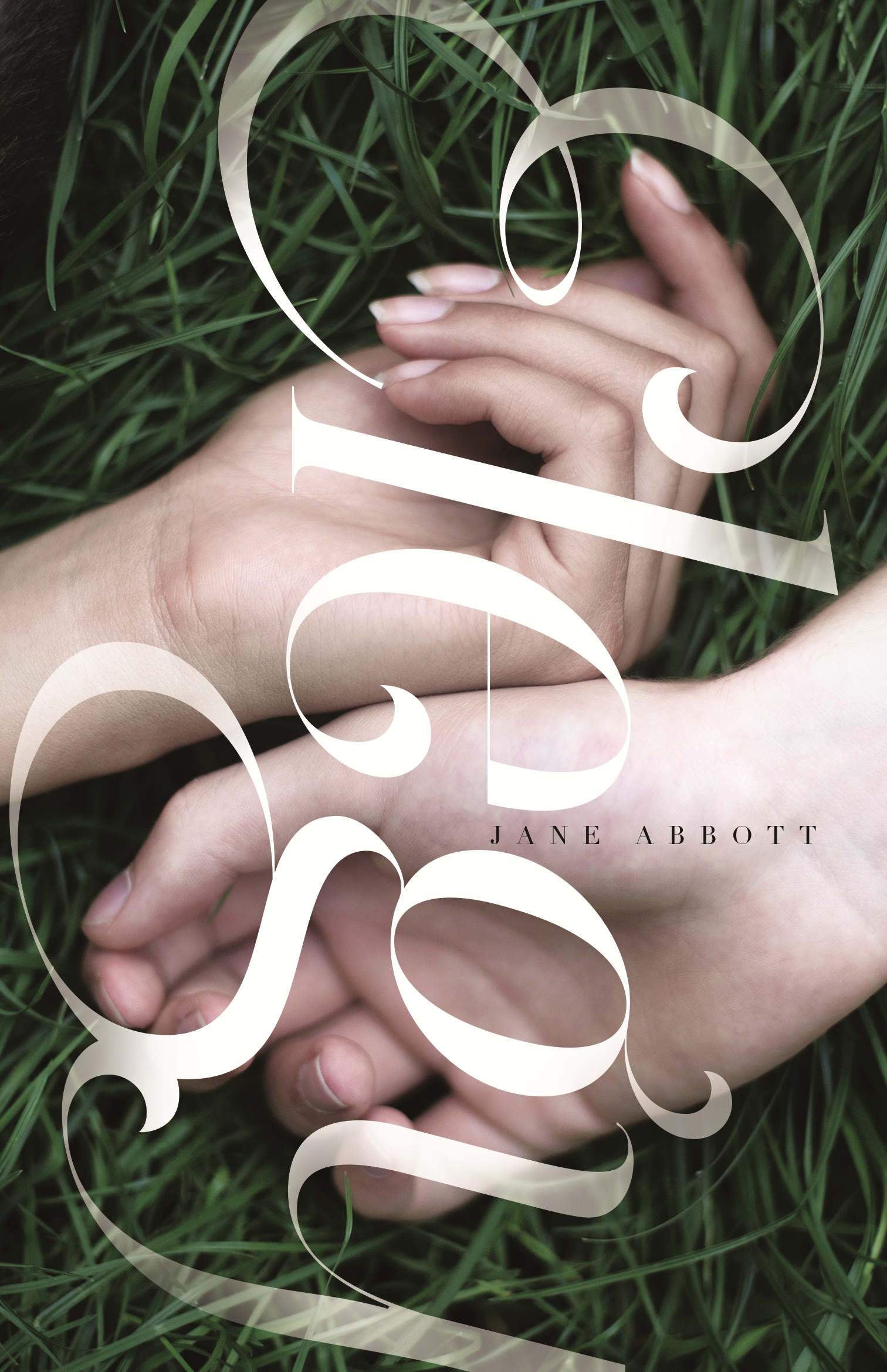Title of the work
Country of the First Edition
Country/countries of popularity
Original Language
First Edition Date
First Edition Details
Jane Abbott, Elegy. Sydney: Random House Australia, 2016, 363 pp.
ISBN
Awards
2016 – Aurealis Awards for Science Fiction and Fantasy (shortlisted) – Young Adult category (accessed: August 3, 2018)
Genre
Fantasy fiction
Fiction
Novels
Romance fiction
Target Audience
Young adults
Cover

Permission granted by publisher to reproduce.
Author of the Entry:
Sophie Masson, University of New England, smasson2@myune.edu.au
Peer-reviewer of the Entry:
Elizabeth Hale, University of New England, ehale@une.edu.au
Daniel A. Nkemleke, University of Yaounde 1, nkemlekedan@yahoo.com

Portrait from publisher’s website, permission granted by publisher to reproduce.
Jane Abbott (Author)
From inside book and publisher’s website (accessed: July 5, 2018):
"A single mother of two teenaged boys, Jane was born in the UK, raised in the leafy suburbs of Sydney’s North Shore, and now divides her time between Melbourne and central Victoria. Jillaroo, nurse, secretary, short-time teacher, office administrator (followed by a reluctant career in marketing), she has tried her hand at most things and lived in many places. Jane is the author of Watershed, published by Vintage Australia (2016), the first novel in an adult fiction dystopian series about a savage world devoid of rain.
Elegy is her first YA novel."
Bio prepared by Sophie Masson, University of New England, smasson2@myune.edu.au
Summary
Set in Kincasey, a small regional town in Victoria (Australia), this unusual novel, which starts with a prologue written as a newspaper article about a road tragedy, tackles the theme of reincarnation through the stories of a group of young people who all know each other. Some of them have known each other more than once. Using Ancient Greek myth as the base, but subverting it as well, the story is told from different points of view, swirling around the figures of Caitlin and Michael, who are the reincarnated lovers whose story happens again and again through the ages. The reader knows that from the very first page when Caitlin is first introduced to Michael. And though he doesn’t know her at all, she recognises him at once: "And when he spoke his name, he cocked his head a little and I saw anew the one I’d known: Titan, king, warrior, slave, flashes of triumph and misery jumbled together. Then he was a boy again, still to be tried." (p. 1).
Originally, at the beginning of time, they were Prometheus and Pandora – who in Greek myth were not close to each other but whom the author has re-imagined as having fallen in love – but they have lived many lives since then (including being reincarnated as Pyramus and Thisbe, from Ovid’s Metamorphoses). In this life in Kincasey, they are drawn to each other, but their love is forbidden: for they are stepbrother and stepsister, brought together by their parents’ new relationship. Yet the past still calls to them, and as Michael’s latent powers awaken, tragedy will ensue. For they are not the only ones living again – small-town Kincasey harbours, it seems many secrets, and many past lives. This is a memorable, highly-charged and disturbing novel which explores reincarnation and aspects of the afterlife (including glancing mentions of what is known as ‘unmaking’ – i.e. death) through the prism of small-town life and reimagined Classical myth. Yet it also has a speculative-fiction lens, recalling themes and tropes from such screen-based works such as Once Upon A Time, which also mix realism, traditional stories and speculative fiction within an exploration of memory and past lives in another dimension. It could also be seen to be in the tradition of seminal young adult literary works on the theme of reincarnation and fated passions re-experienced through time such as in Alan Garner’s The Owl Service. But the characters in this book who do remember past lives – like Cait – appear to recall not just one past life, but multiple ones experienced through time – including, uniquely, at the end, a flash forward into the far future.
Analysis
As a reviewer wrote: "With a plot rooted in Greek mythology it’s fitting Elegy most closely resembles a Greek tragedy, full of guises, mishaps and the burden of destiny" (Jordi Kerr in Books and Publishing, August 3 2016, accessed: August 3, 2018) Elegy, with its title echoing the Ancient Greek lament for the dead, is a tragedy and yet it’s also an affirmation of life and love throughout time. The stifling small-town atmosphere of Kincasey is the unlikely scene for a re-imagining of Classical themes, and the contrast between the very prosaic details of life in Kincasey is tellingly contrasted with the powerful passions from deep mythology that overwhelm Caitlin and Michael. However it’s not just them, reincarnations of Pandora and Prometheus, whose past lives reach back to Classical mythology; other important characters also embody mythological figures, such as Caitlin’s blood-brother Gabe, who is a reincarnation of Herakles. Ancient Roman literature is also brought into the mix with an allusion to the fact that Caitlin/Pandora and Michael/Prometheus were also once reincarnated as Pyramus and Thisbe, the tragically separated lovers from Ovid’s Metamorphoses who were the inspiration for Romeo and Juliet. But though Classical myth predominates, there are also echoes of Egyptian and Persian myth and Arthurian legend, in this surprising story full of veiled allusions and glimpses of shards of the past.
As well, there are chapter epigraphs drawn from Classical literature in the book: quotations from Aeschylus and Heraclitus, for example, as well as from the Bible and from 19th-century poetry.
Like Garner’s The Owl Service, which reimagines Celtic myth in a story of doomed contemporary adolescent love, Elegy uses freely-interpreted Classical myth to explore contemporary adolescent passions against a small-town background. However, unlike the earlier book, which sets the story of the doomed lovers within the same Welsh setting as the original myth, Elegy positions its Classical allusions and themes in an Australian setting that apparently has very little to do with the original stories it draws on, yet which draws attention to the universality of these seminal myths. Similarly, the author has added layers of her own – such as the central love between Prometheus and Pandora, who could both be said to have a special place in the story of the relations between gods and humans, but who were never linked romantically in Greek myth. This new interpretation creates an interesting way of re-examining the original stories of Prometheus and Pandora and their place within the corpus of Classical myth.
Further Reading
An Interview with Jane Abbott, author of "Elegy" at www.thecosydragon.com (accessed: August 3, 2018).
An Interview with Jane Abbott at writtenwordworlds.wordpress (accessed: August 3, 2018).
Morris, Linda, Jane Abbott's Watershed describes a mean, waterless world, smh.com.au (ccessed: August 3, 2018).


